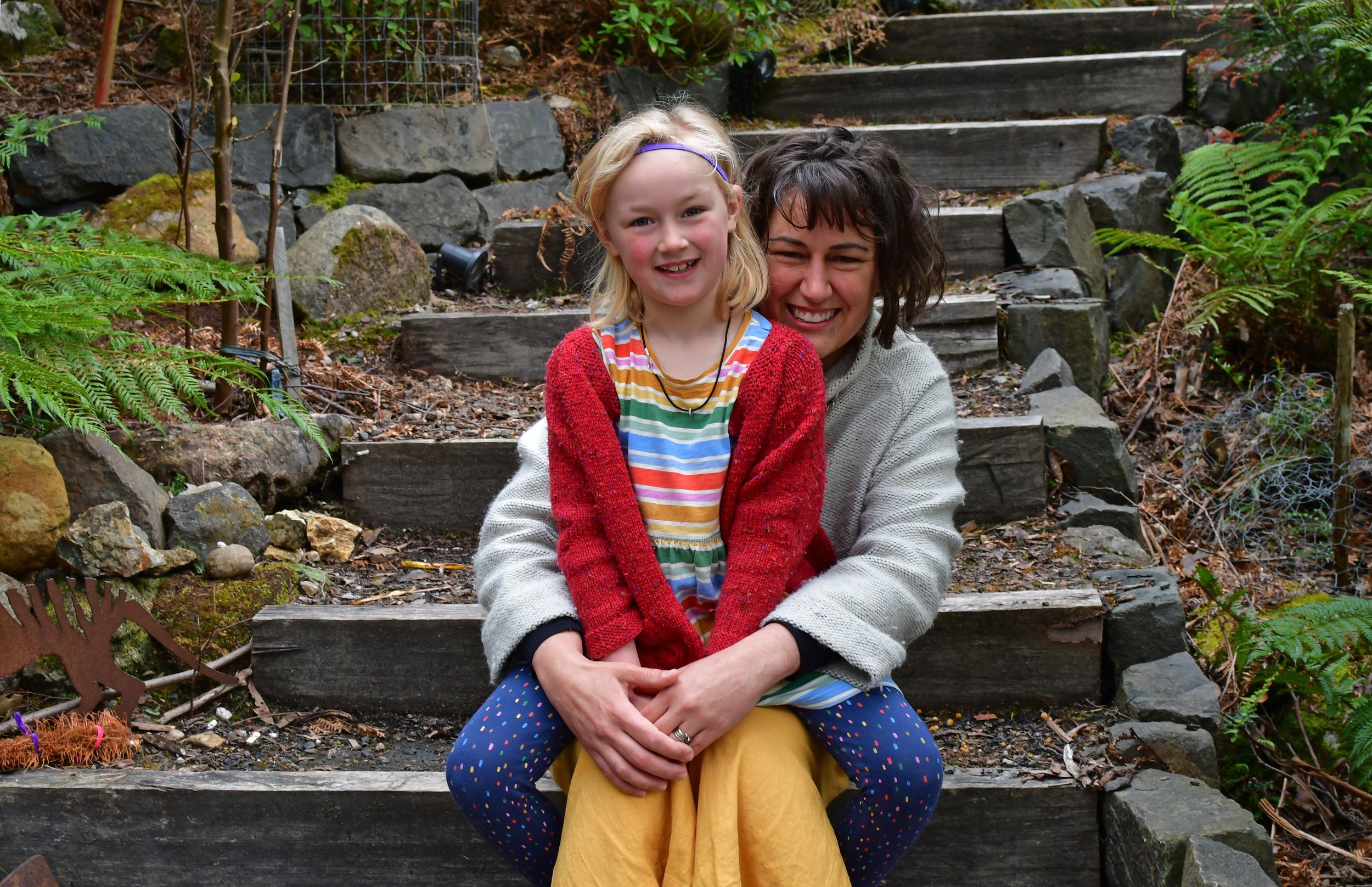About the project
Sparking Conversations, Igniting Action was a two-and-a-half year pilot project across the four greater Hobart local government areas that worked closely with individual neighbourhoods to help them become better prepared for bushfire and more aware of the serious threats bushfire poses to our lives, communities, and the natural world around us.
The project was a joint initiative of the Clarence City Council, Glenorchy City Council, City of Hobart and Kingborough Council. It aimed to initiate individuals to spark up conversations with friends, family and neighbours that help ensure communities are safer and better prepared for the threat of bushfire in greater Hobart.
The project has been strongly supported by the University of Tasmania and built on recent work conducted by Dr Chloe Lucas, Professor David Bowman and Dr James Furlaud in conjunction with the City of Hobart - ‘The Social and Biophysical Effects of Alternative Strategies to Reduce Bushfire Danger in Hobart’ (2021) that evaluated bushfire preparedness communication, as well as research this same group have been undertaking aimed at developing a pathway for reducing the peri-urban backyard bushfire hazard in Hobart.
The project was funded through the National Emergency Management Agency - Preparing Australian Communities Grants Program.
Project objectives
The objective of the project was to increase the ability of individuals, organisations or communities to prepare for, withstand and recover from the impacts of bushfire.
Sparking Conversations, Igniting Action applied new research and technology to engage neighbourhoods in greater Hobart’s highest bushfire risk areas to improve community bushfire awareness, risk mitigation and preparedness, strengthening social connections to enhance resilience. The four local government areas and the University of Tasmania partnered to design, develop and test a program that sought to:
Improve awareness of local bushfire risks and responsibilities
Establish relationships to support community-led risk mitigation
Develop peer-to-peer networks to improve neighbourhood planning and preparation
Engage local businesses and organisations to actively participate in readiness
Identify training opportunities to enhance community resilience.
To read the final project report, click here


